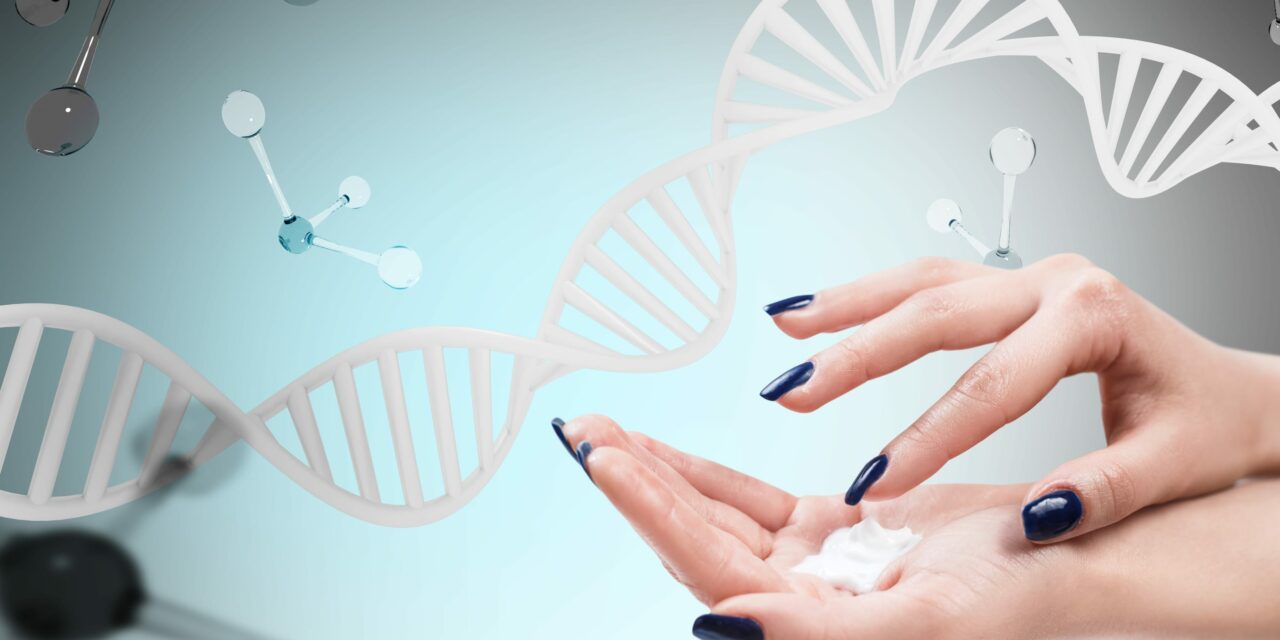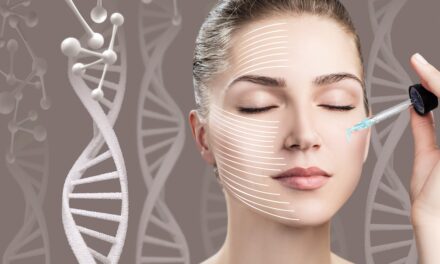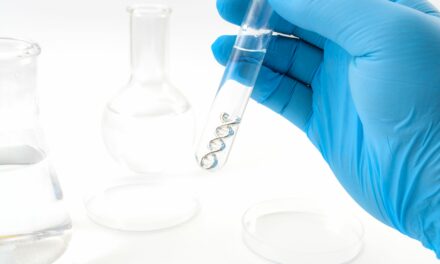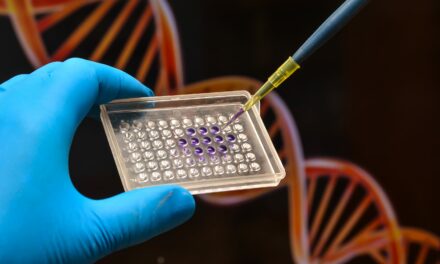Genetic testing in dermatology allows for personalized anti-aging skincare regimens, improving treatment efficacy for various skin conditions.
Summary: Anti-aging skincare can be personalized through genetic testing, which identifies individual genetic factors affecting skin aging, such as collagen breakdown, skin elasticity, and UV response. Dermatologists use these insights to create tailored skincare regimens, including targeted topical treatments, customized routines, and lifestyle adjustments, leading to more effective and personalized skincare solutions.
Skin aging is influenced by a combination of environmental factors, such as UV radiation and pollution, and intrinsic factors, including genetics. Recent advances in genomics have allowed dermatologists to better understand how genetic variations impact skin aging, leading to the development of personalized anti-aging skincare regimens tailored to individual genetic profiles.
Key Genetic Factors in Skin Aging
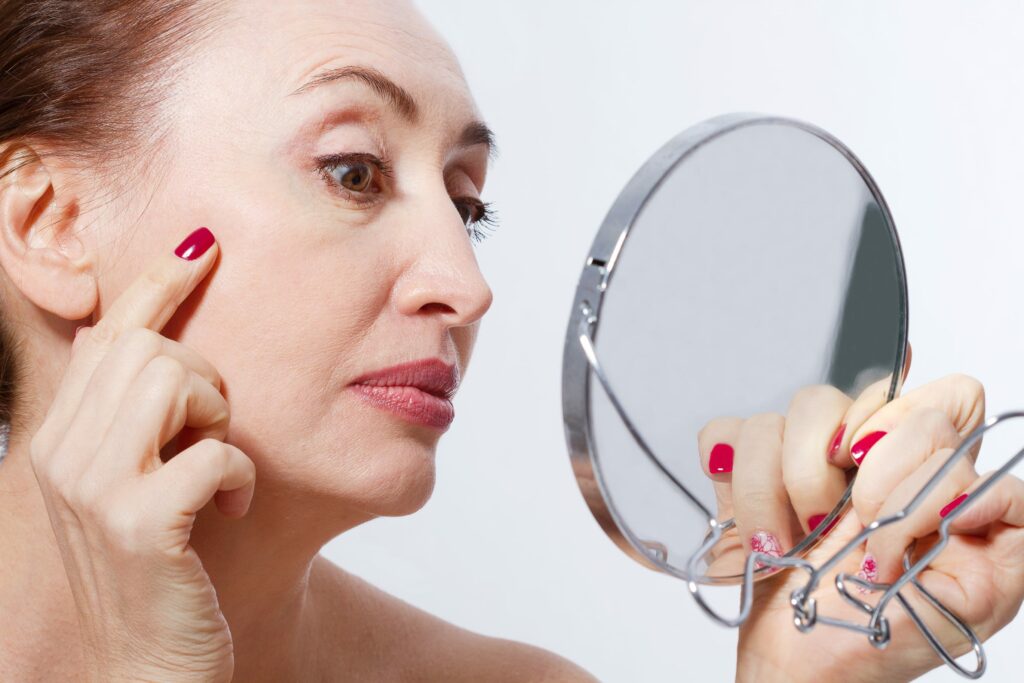
- Collagen Production and Breakdown
- MMP1 Gene: The matrix metalloproteinase-1 (MMP1) gene is involved in the breakdown of collagen in the skin. Variants in this gene can lead to increased collagen degradation, resulting in wrinkles and loss of skin elasticity. Personalized skincare products targeting MMP1 activity can help reduce collagen breakdown and promote firmer skin (Genome.gov).
- Skin Elasticity and Firmness
- ELN Gene: The elastin (ELN) gene is crucial for maintaining skin elasticity. Genetic variations in ELN can affect the production and quality of elastin fibers, contributing to sagging and loss of firmness. Tailored treatments that enhance elastin production can improve skin elasticity and overall appearance.
- Response to UV Radiation
- MC1R Gene: The melanocortin 1 receptor (MC1R) gene influences skin pigmentation and response to UV radiation. Certain variants of this gene are associated with a higher risk of UV-induced skin damage and aging. Personalized skincare regimens that include specific UV protection strategies can help mitigate these risks (Genome.gov).
Developing Personalized Anti-Aging Skincare Regimens
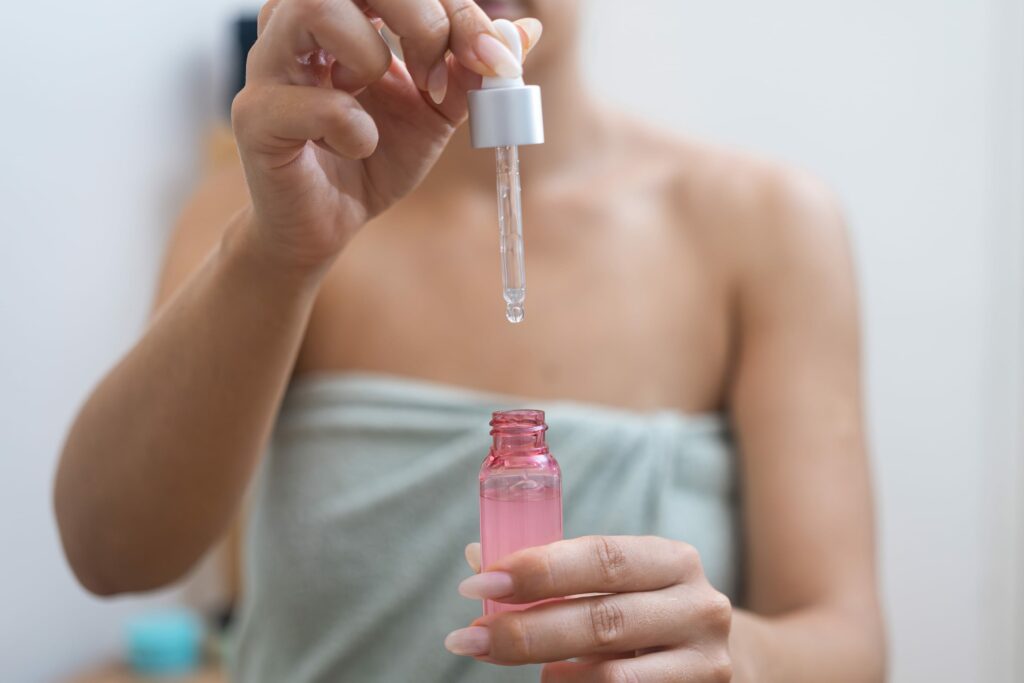
Personalized anti-aging skincare regimens involve the use of genetic testing to identify specific genetic variations that affect skin aging. Based on these results, dermatologists can recommend targeted treatments that address individual genetic predispositions.
- Targeted Topical Treatments
- Retinoids and Peptides: For individuals with high MMP1 activity, retinoids and peptides can help stimulate collagen production and reduce the appearance of wrinkles.
- Antioxidants: Products containing antioxidants, such as vitamin C and E, can protect the skin from oxidative stress and UV damage, particularly for those with MC1R variants.
- Customized Skincare Routines
- Moisturizers and Serums: Tailoring moisturizers and serums to enhance elastin production can improve skin firmness and elasticity for those with ELN gene variations.
- Sunscreen: Personalized recommendations for broad-spectrum sunscreens can provide enhanced protection for individuals with a genetic predisposition to UV damage.
- Lifestyle and Dietary Adjustments
- Nutritional Supplements: Incorporating supplements that support skin health, such as collagen peptides and hyaluronic acid, can be beneficial for individuals with specific genetic profiles.
- Lifestyle Modifications: Advising on lifestyle changes, such as reducing UV exposure and incorporating skin-friendly diets, can further enhance the effectiveness of personalized skincare regimens.
Looking Ahead
The integration of genetic testing into dermatology allows for the development of highly personalized anti-aging skincare regimens. By understanding the genetic factors that influence skin aging, dermatologists can create tailored treatments that address individual needs, leading to more effective and targeted skincare solutions.
References
- Fisher, G. J., Wang, Z. Q., Datta, S. C., Varani, J., Kang, S., & Voorhees, J. J. (1997). Pathophysiology of premature skin aging induced by ultraviolet light. New England Journal of Medicine, 337(20), 1419-1428.
- Zouboulis, C. C., Adjaye, J., Akamatsu, H., Moe-Behrens, G., & Niemann, C. (2008). Human skin stem cells and the ageing process. Experimental Gerontology, 43(11), 986-997.
- National Human Genome Research Institute. Privacy in Genomics. www.genome.gov.
Photo 98490747 | Cosmetic © Dmitry Kotin | Dreamstime.com

